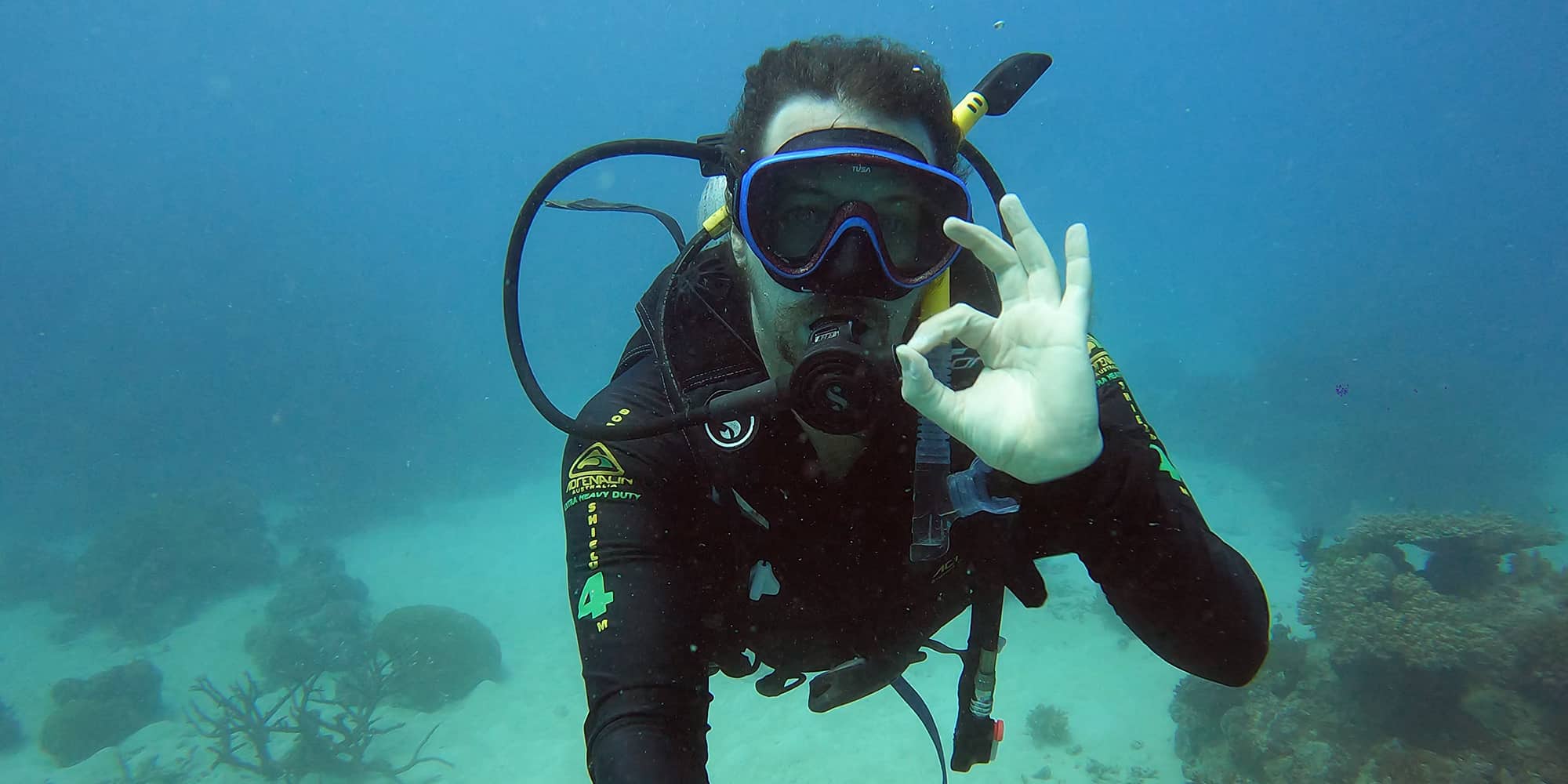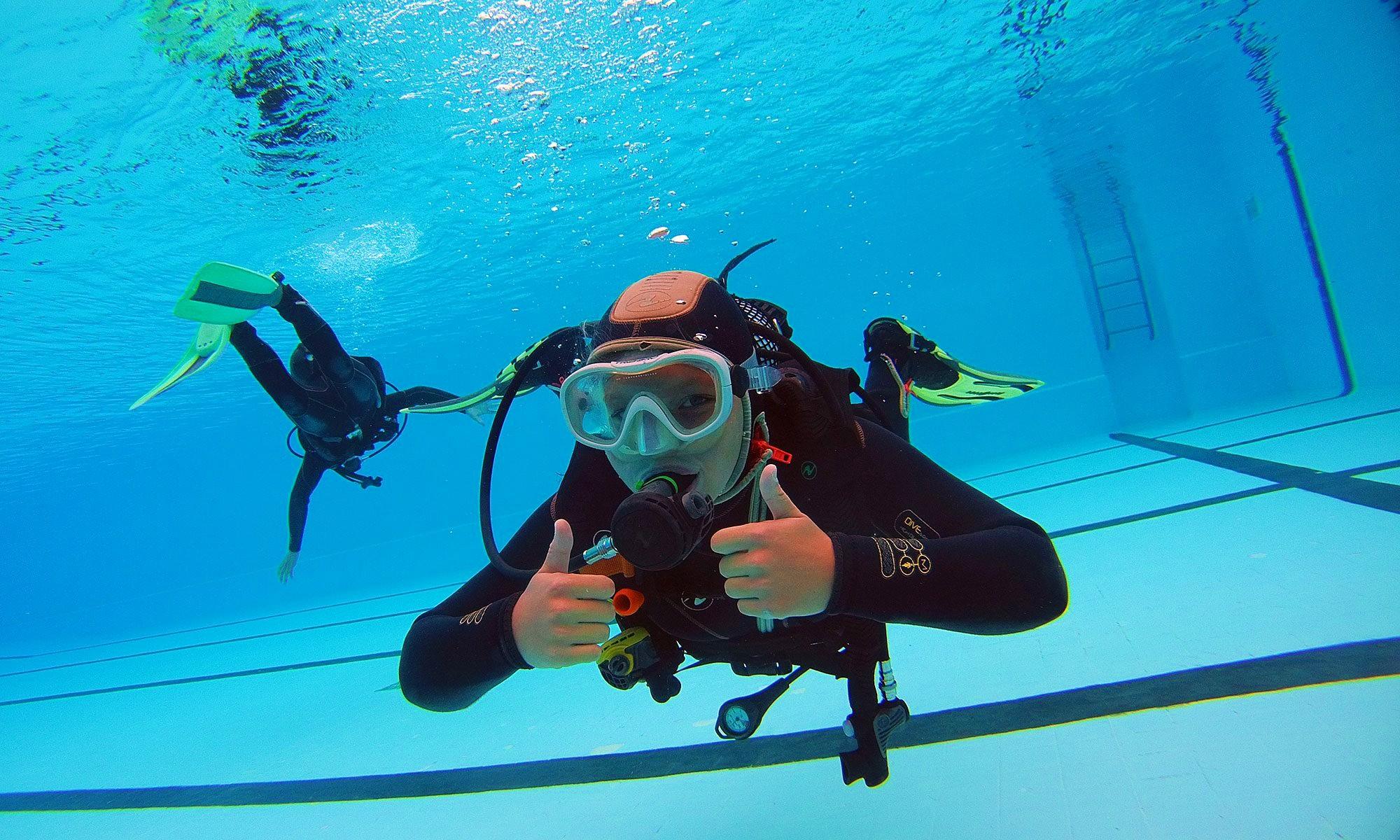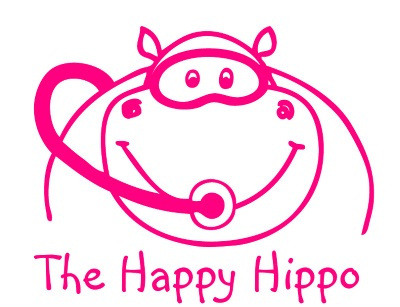SUSTAINABILITY
The Happy Hippo Diving – Supporting Sustainability in Curaçao & Bonaire
At The Happy Hippo Diving, we aim to make a positive impact on sustainability, both in Curaçao and beyond. Our commitment goes beyond offering top-tier diving services—we actively support local environmental conservation initiatives. Each year, The Happy Hippo donates 10 percent of its revenue to environmental organizations working to preserve the natural beauty of Curaçao’s marine ecosystems.
By choosing The Happy Hippo, you automatically contribute to protecting our planet, one dive at a time.
Combatting the Lionfish Invasion
The lionfish, an invasive species, poses a significant threat to the marine ecosystems of Curaçao and Bonaire. Without natural predators in these waters, lionfish populations have exploded, leading to the decline of native species and disruption of the reef ecosystem. Controlling this invasion is critical to safeguarding the marine life that thrives in these regions.
To address this, it is allowed, under strict local regulations, to remove lionfish using approved tools.


IMPORTANT TO KNOW:
Any kind of underwater hunting gear is strictly prohibited in Curacao!!
However due to the severity of the problem, the Public Prosecution Service of Curacao announced in 2012, that they would NOT prosecute organized groups of lionfish removers in territorial waters, if the approved rules were followed.
Important Local Regulations for Lionfish Removal
In both Curaçao and Bonaire, lionfish removal is strictly regulated to ensure the protection of marine ecosystems. Here are the key rules:
Curaçao:
- Lionfish removal is permitted as part of an organized effort, using the ELF tool or pole spear.
- Mechanical trigger spears are not allowed.
- Divers must follow all local regulations for safe and ethical removal.
Bonaire:
- Only the ELF tool is permitted for lionfish removal.
- Divers must register with STINAPA and obtain a permit to participate in lionfish control activities.
- Gloves are prohibited in Bonaire to prevent damage to delicate coral reefs during the removal process.
General Rules for Lionfish Removal:
- Removal is allowed only for Lionfish (Pterois species).
- Lionfish removal must be conducted in an organized context using the ELF tool or pole spear (depending on location).
- Divers must register with the appropriate authorities before engaging in lionfish removal.
- In some areas, you may need to liaise with the Coast Guard before lionfish removal activities.
The Happy Hippo Diving adheres to all these rules and has even launched a special division, Team HELL. (Hippo Elimination Lionfish League), to combat this invasive species.
According to the nonprofit Reef Environmental Education Foundation, lionfish can eat more than 70 species of native fish and invertebrates, including individuals up to half the size of the lionfish, and can eat 460,000 fish per acre per year—which has reduced native fish populations on some reefs by up to 90 percent.
Team H.E.L.L. (Hippo Elimination Lionfish League)
At The Happy Hippo, we’ve formed Team H.E.L.L. (Hippo Elimination Lionfish League), a group of passionate and dedicated divers working to combat the invasive lionfish. This team follows all local regulations and uses safe and sustainable methods to remove lionfish from Curaçao’s waters. Our efforts aim to protect local reefs and restore balance to the marine ecosystem.
Join the Lionfish Tracker Course
Divers with a passion for conservation can now join The Lionfish Tracker Curaçao & Bonaire Specialty, a PADI-approved course focused on safely and ethically managing lionfish populations. This course includes:
- Knowledge development on lionfish biology, their ecological impact, and local regulations.
- Training on the use of lionfish removal tools such as the ELF tool or pole spear (depending on location).
- Two open water dives where participants will gain hands-on experience removing lionfish under the guidance of experienced instructors.
Course Requirements
- Minimum Age: 15 years
- Certification Required: PADI Advanced Open Water Diver (or qualifying certification)
- Special Equipment: ELF tool (Bonaire) or pole spear/ELF tool (Curaçao)
- Additional Requirements for Bonaire: STINAPA permit (No gloves allowed)
Join us in the fight to protect Curaçao’s and Bonaire’s reefs from this invasive predator while becoming part of a global conservation effort.
For more information on how to sign up for the Lionfish Tracker Curaçao & Bonaire Specialty, contact us today!
You can also follow our efforts on the Team H.E.L.L. Facebook page and see how we are making a difference in the preservation of our beautiful reefs.
Did You Know?
- Lionfish (Pterois species) can consume over 70 species of native fish, including species critical to the health of coral reef ecosystems.
- The red lionfish (Pterois volitans) and the common lionfish (Pterois miles) are the most abundant invasive lionfish species in the Atlantic and Caribbean.
- Female lionfish can lay between 10,000 and 30,000 eggs every four days—adding up to approximately 2 million eggs per year, making their population difficult to control.
- Lionfish are safe to eat and are considered a delicacy. With a delicate flavor and texture similar to grouper, eating lionfish helps control their population while providing a sustainable, delicious food source.
PADI AWARE Foundation
PADI AWARE Foundation is a publicly funded non-profit with three registered charities across the globe. Our mission is to drive local action for global ocean conservation. We advance our mission through citizen science, public policy and community grants. With PADI – the world’s leading scuba diver training organization – we drive towards our collective vision to achieve balance between humanity and the ocean.
PADI AWARE Foundation Cards
Each year, environmental charity PADI AWARE Foundation releases a limited edition card. Every purchase includes a tax-deductible $10 US donation that funds ocean conservation and marine animal protection. Donations support the Conservation Blueprint – a vision to achieve balance between humanity and ocean.
Each student certified by The Happy Hippo Diving will automatically receive a PADI AWARE FoundationTM edition of the PADI Certification card absolutely FREE.
This card, made from recycled plastic, includes a tax-deductible $10 US donation that funds ocean conservation and marine animal protection.
100% of the donation benefits the PADI AWARE Foundation, a non-profit public charity that drives local action for global ocean conservation.
Backed by the power of the PADI brand and supported by the world’s largest global network of 6,600 dive centers and resorts and more than 128,000 professional members worldwide, PADI continues to lead the way in ocean conservation efforts.
AWARE Foundation leverages the collective influence of divers and the dive industry to address key threats facing the marine environment including climate change, marine habitat loss and vulnerable species protection
Curacao Environmental Organizations Support By Us!
SEA TURTLE CONSERVATION CURAÇAO
Sea Turtle Conservation Curaçao (STCC)
is an NGO (a non-profit organization) dedicated to the conservation, research, education, and awareness related to sea turtles and their habitat in Curaçao. We work together with volunteers and other dedicated people, who support us with their help, experience, and donations. Our common mission is to protect sea turtles and their environment. We do beach monitoring, check for any nesting activity, do health inspections, and remove dangerous trash from the beaches. We usually monitor several beaches around the island, including Klein Curacao. In addition to monitoring, a few times per month, we organize bigger clean-ups. This is made to reduce the amount of plastic that ends up in the ocean and can harm sea turtles and other animals.
REEF RENEWAL CURAÇAO (RRC)
Reef Renewal Foundation Curaçao
(formerly known as Coral Restoration Curaçao) is a non-profit organization that was set up in 2015 by the initiative of Ocean Encounters Diving Curaçao. Reef Renewal Foundation Curaçao focuses on the restoration of shallow reefs by establishing staghorn coral (Acropora cervicornis) and elkhorn coral (Acropora palmata) nurseries and restoration sites. The project started with 20 coral nursery trees and has grown each year ever since. Today, there are 40 trees, and over 10,000 corals have been outplanted back to Curaçao’s reefs. Your donation to Reef Renewal Foundation Curaçao can make a difference!
REEF RESTORATION TEAM CURAÇAO
Reef Restoration Team Curacao started at Tugboat Beach, Curacao. Here, we grow and propagate coral through fragmentation. When the coral is big enough, we do an outplant where the reef is restored.
Follow Reef Restoration Team Curacao for a story about growing corals and restoring the reef.
